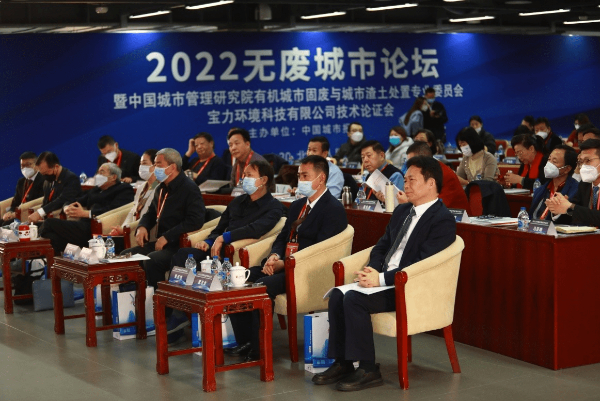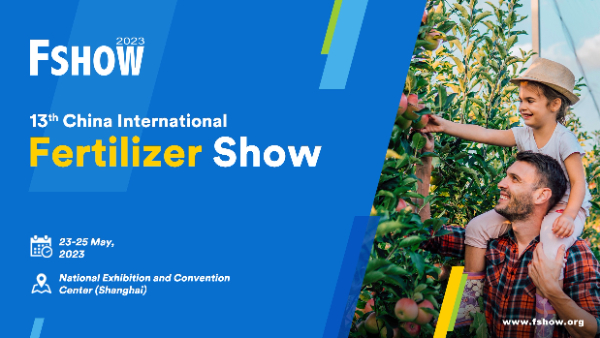
Exhibition time: 17-19 March, 2026 Shanghai, China
 中文
中文

Exhibition time: 17-19 March, 2026 Shanghai, China
 中文
中文

Can organic kitchen waste be converted into high-quality fertilizer? China's scientists and practitioners committed to building more waste-free cities discussed how to transform urban waste into green organic agriculture via innovative technologies at a forum titled “Waste-free City” held by China City News in Beijing on December 30, 2022.
China has made progress in preventing pollution from solid waste in recent years, and all provincial-level regions in China have made plans to advance their waste sorting strategy. China's capacity to deal with hazardous waste has also continuously improved in recent years.
The report to the 20th National Congress of the Communist Party of China in October 2022 said that China should implement a comprehensive conservation strategy, conserve resources of all types and use them efficiently, and move faster to put in place a system for recycling waste and used materials. Fiscal, taxation, financial, investment, and pricing policies will be improved to support green development.
The construction of a waste-free city is a concrete measure and is of landmark significance for promoting green and low-carbon ways of production and life, experts said at the forum.
In May 2019, China launched a two-year pilot project promoting a waste-free city model in 16 cities and regions across the country, including the Xiong'an New Area, Shenzhen and Sanya, according to the Xinhua News Agency.
The waste-free city concept is an urban development model that continuously promotes the reduction and utilization of solid waste sources, minimizes the amount of landfill, and reduces the environmental impact.
BaoLi Environment, a Zhejiang-based company that specializes in recycling organic solid waste from urban perishables and municipal waste dregs, has reached the level of recycling 250,000 tons of waste vegetables a year at one of its demonstration sites. The resulting wastewater and residue were processed into 15,000 tons of organic fertilizer and 6,000 tons of feed.
This efficient use of perishable garbage, urban dregs and abandoned vegetable leaves can help save soil resources.
The company’s low-temperature hydrolysis process can also fully decompose the excrement produced by pig farms, chicken farms and cattle farms, before processing the resulting solid and liquid waste into agricultural organic fertilizer, Cao Yun, head of engineering at BaoLi Environment, said at the forum.
China’s comprehensive utilization of resources has entered a new stage. The utilization process must be clean, without any secondary pollution, and there is also an emphasis on how to select and use waste scientifically, said Zhou Changyi, former director general of the Department of Energy Conservation and Resources Utilization of the Ministry of Industry and Information Technology.
With the increasing value of energy conservation and environmental protection in the national economy, the goal of a waste-free city in the future will inspire more innovation, experts said at the forum.
Source: Global Times
